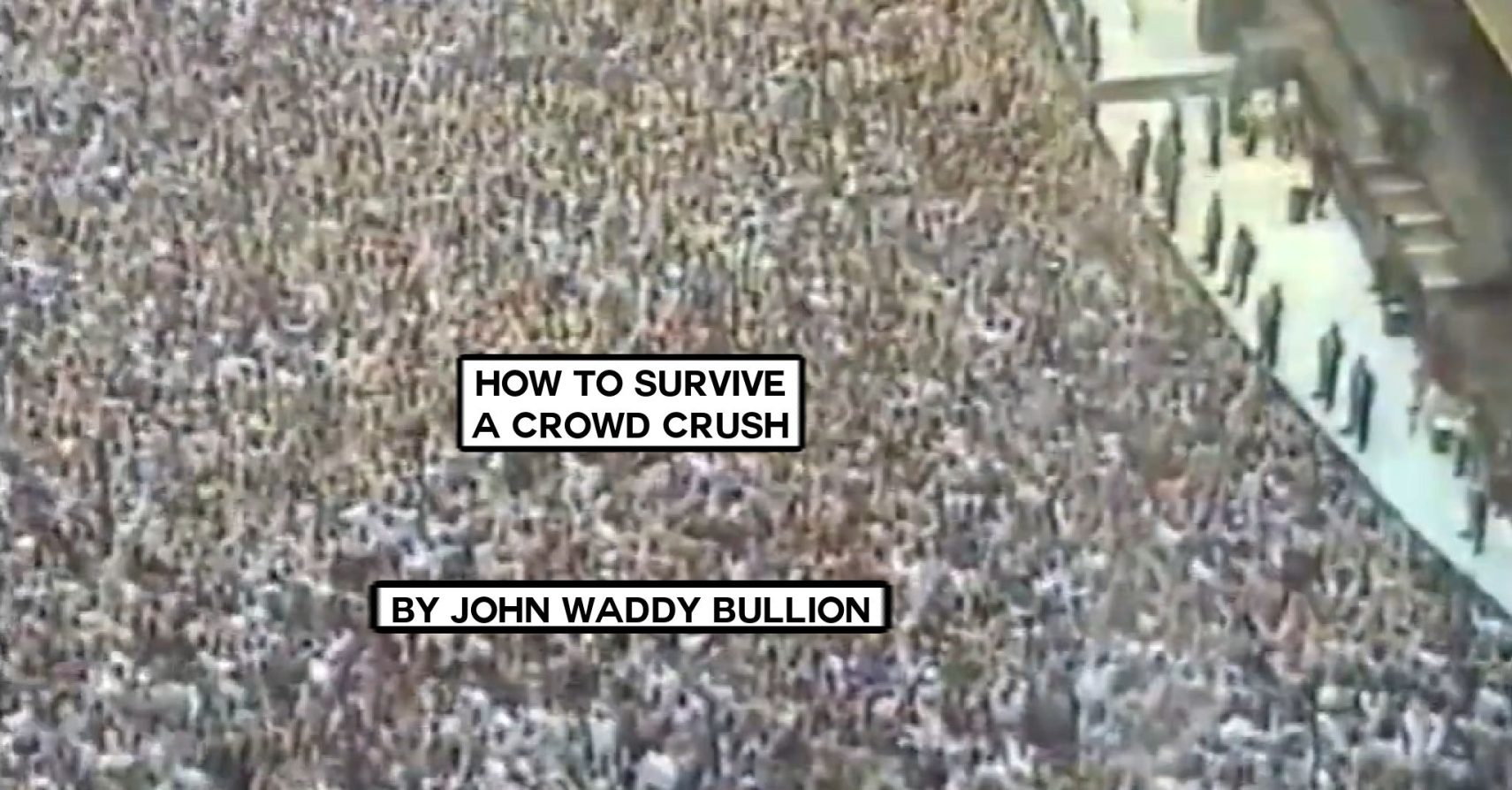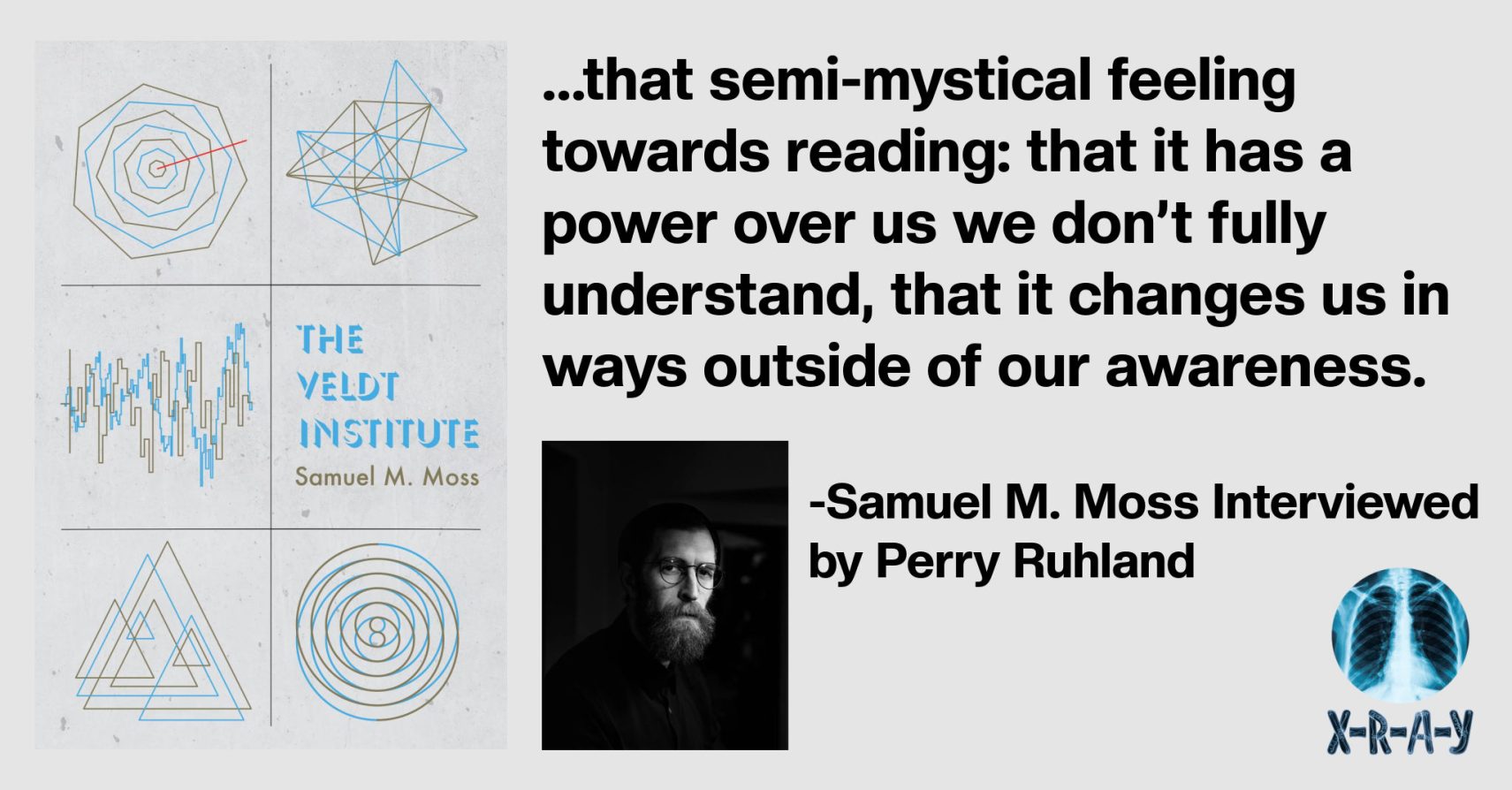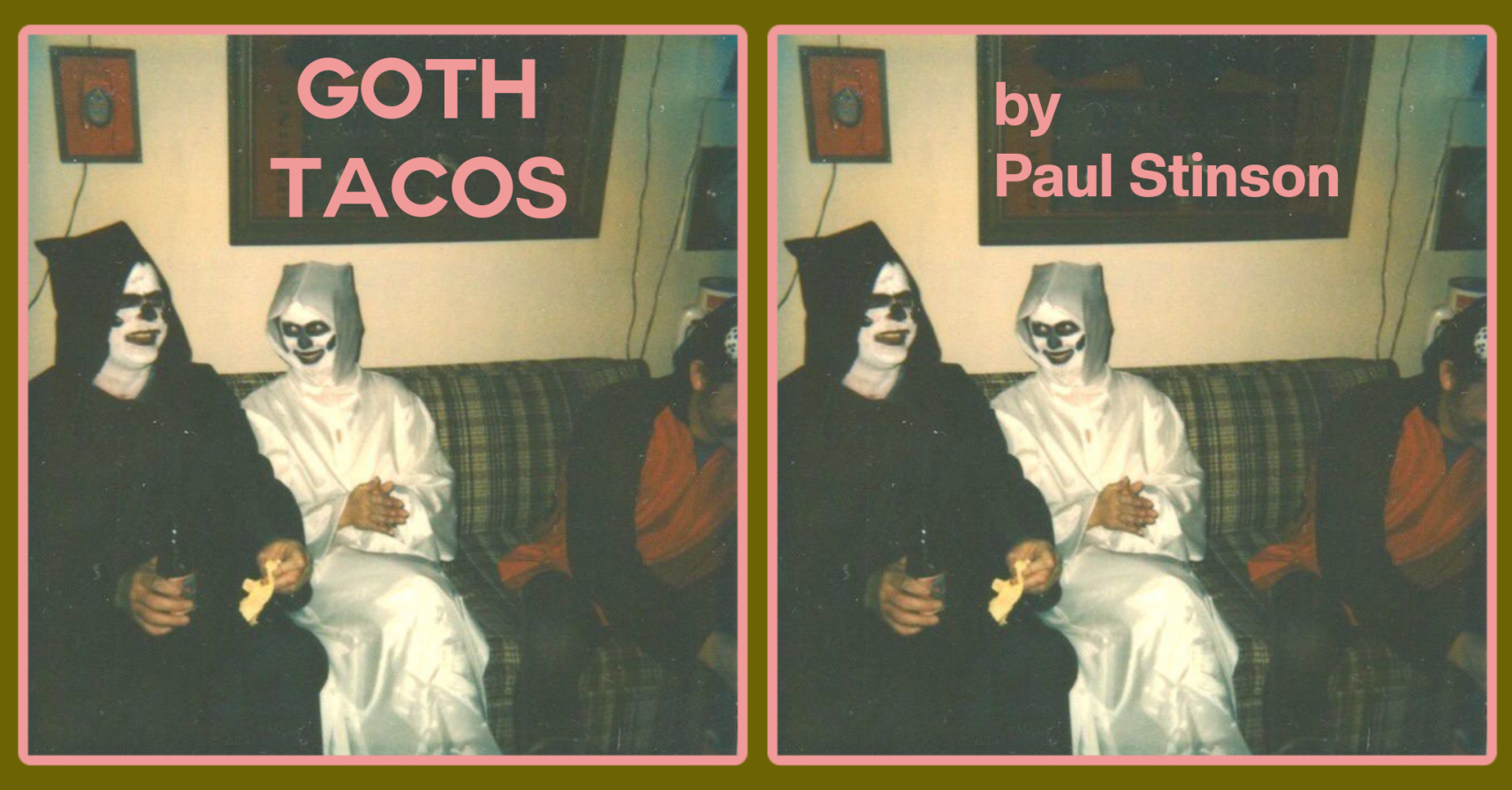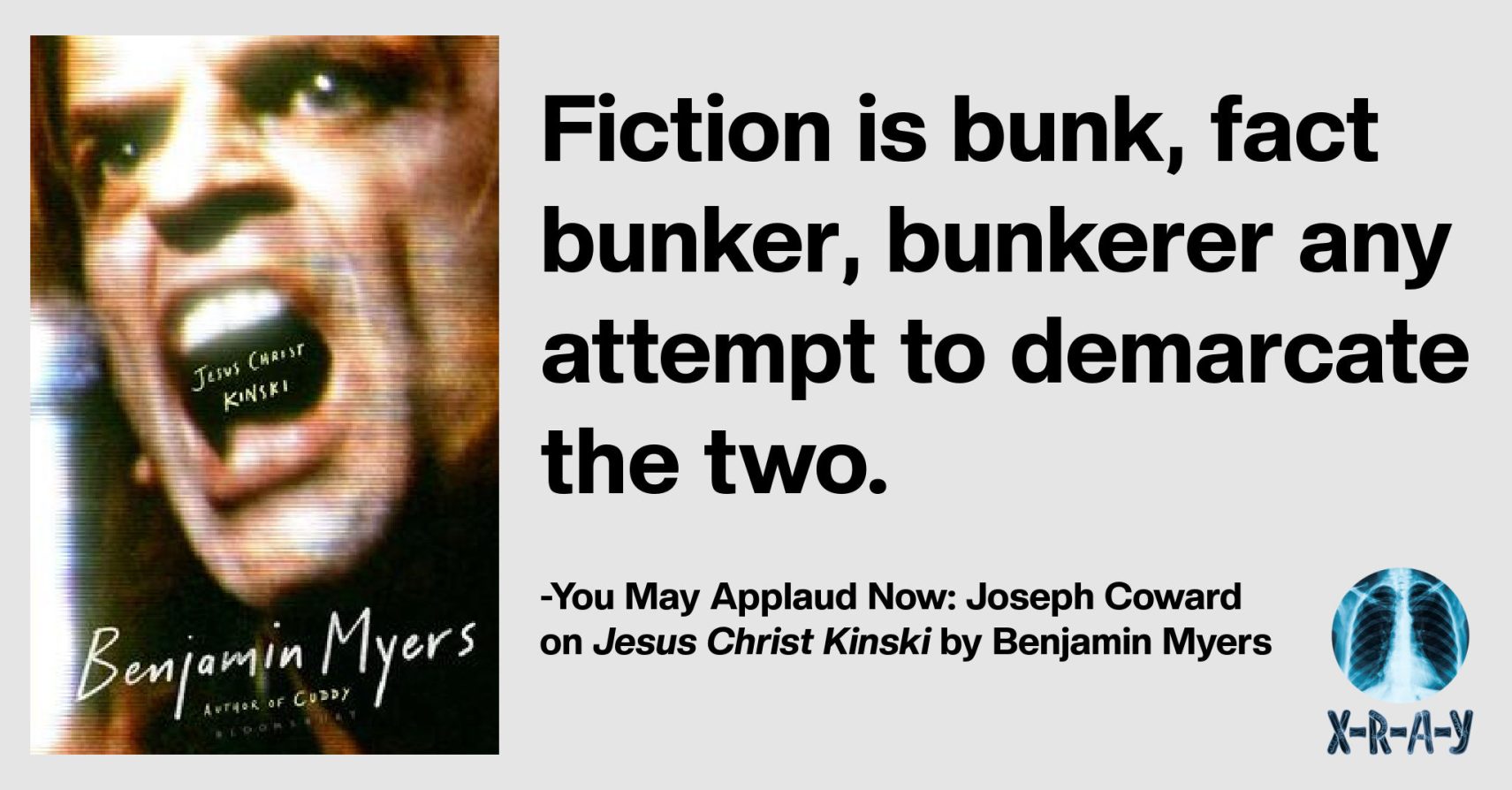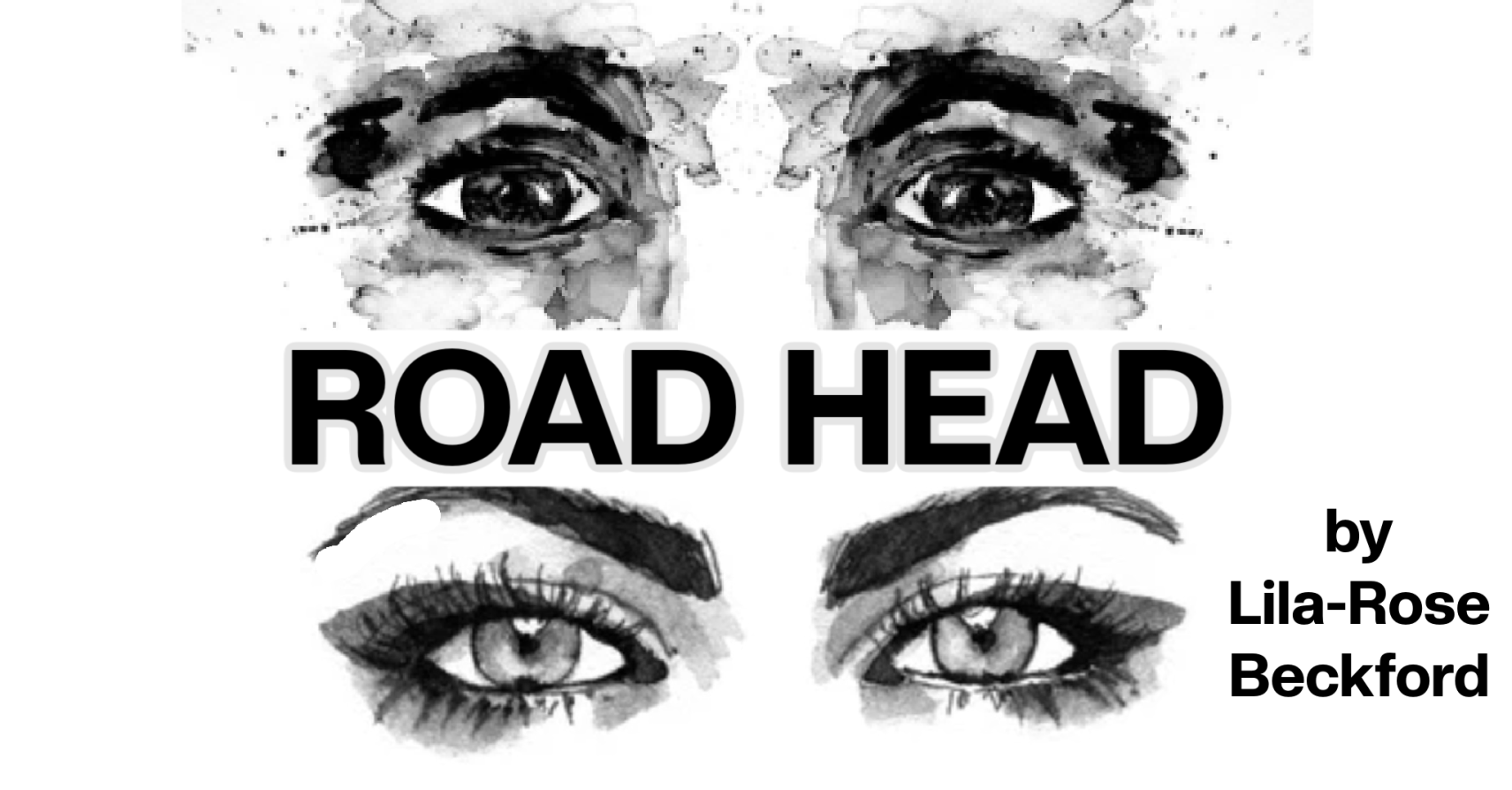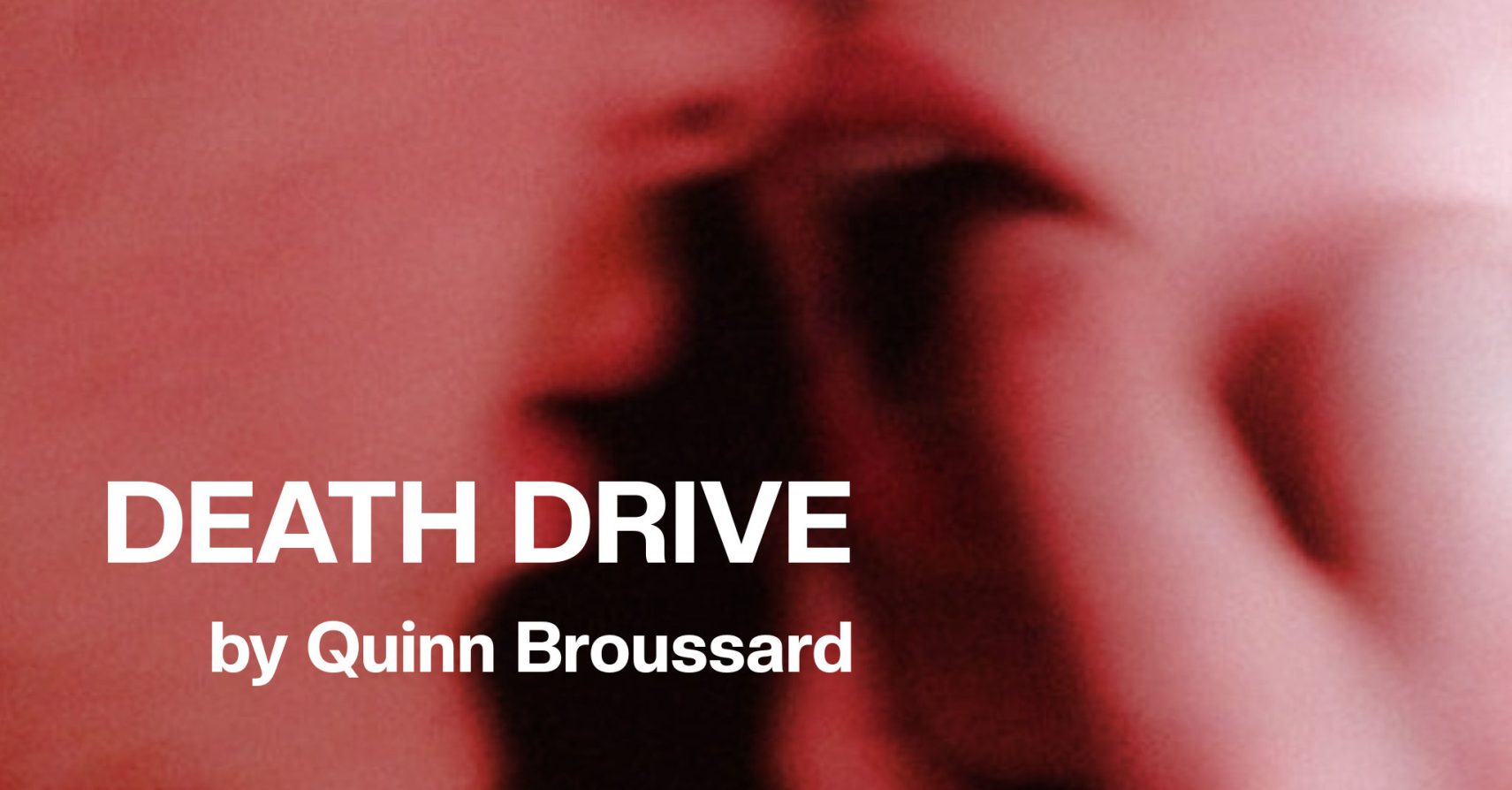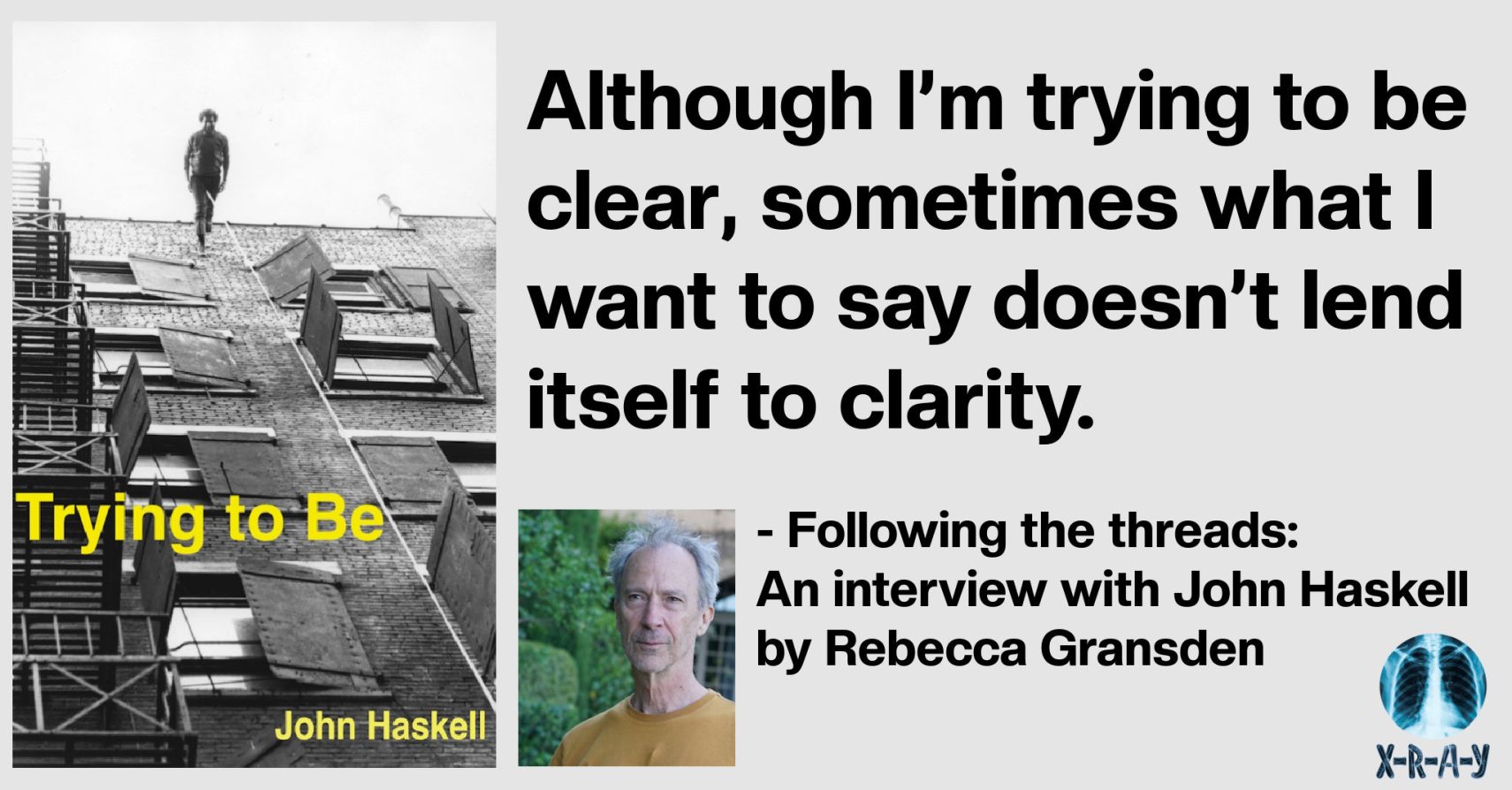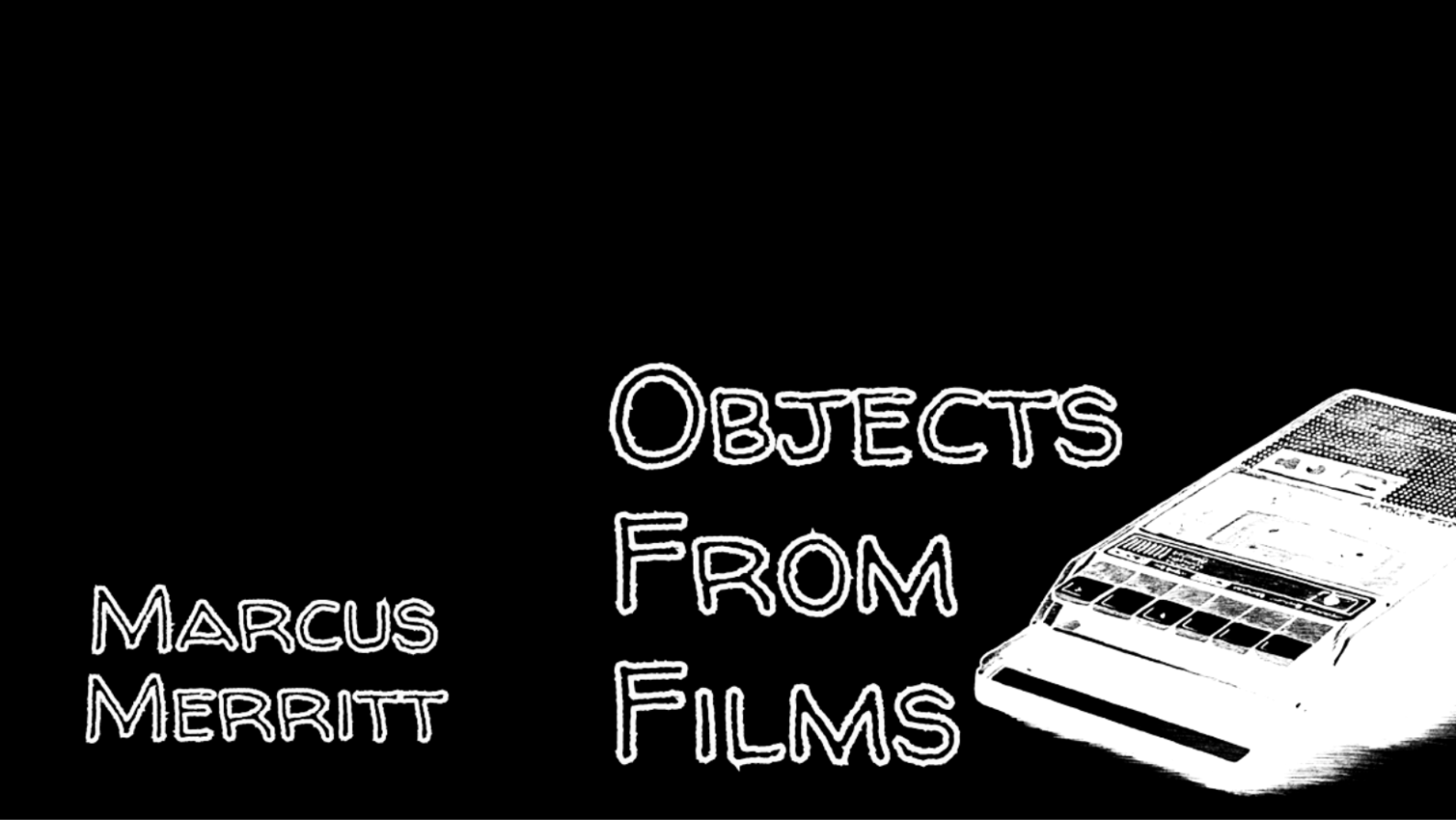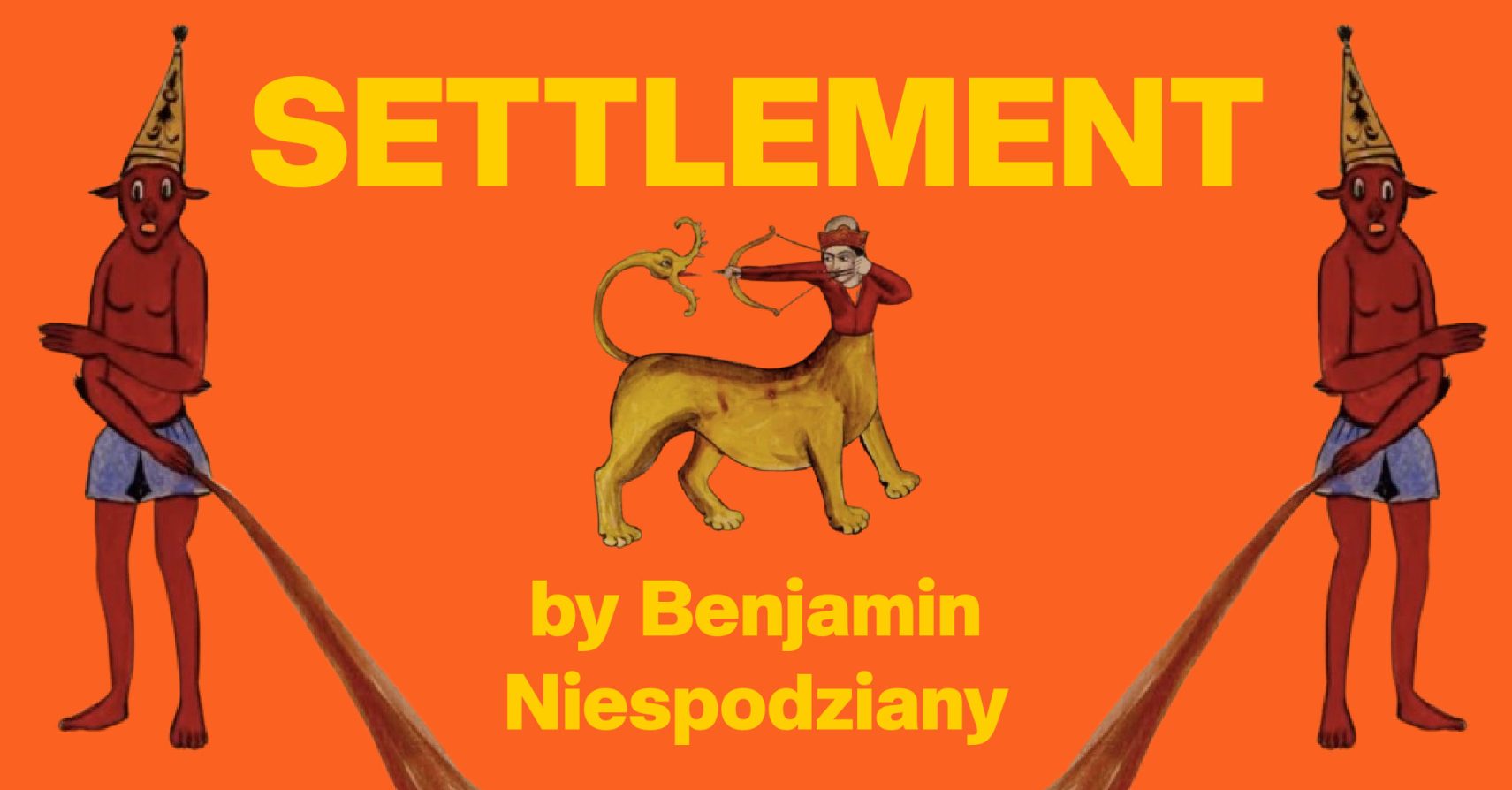
SETTLEMENT by Benjamin Niespodziany
after Chris Erickson Tristan Funicular fell asleep not long after dawn. His teeth were on wrong and his bong was full of something less like water and more like moss. He was lost. His stress level was Jurassic. His panics were unlearned. This was a mere hours before Tristan’s door was kicked down by the scholar Parlor Hallelujah who demanded her dues. You see, Parlor Hallelujah was a crooked academic, a well-known non-peasant, an aggressive lecturer, a stirrer of sins. The hushed business she conducted was equal parts consultation and intimidation. She lived off the wisdom she gave to others. Hundreds…

